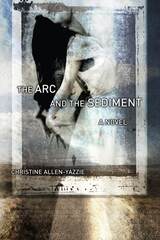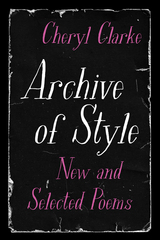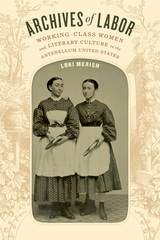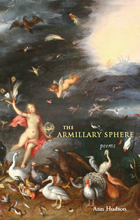The Slum and the City: Culture and Dissidence in the Villas Miseria of Buenos Aires
University of Pittsburgh Press, 2024
Cloth: 978-0-8229-4809-4 | eISBN: 978-0-8229-9128-1
See other books on: Buenos Aires | City | Latin America | Slum | South America
See other titles from University of Pittsburgh Press
Cloth: 978-0-8229-4809-4 | eISBN: 978-0-8229-9128-1
ABOUT THIS BOOK | AUTHOR BIOGRAPHY | REVIEWS | REQUEST ACCESSIBLE FILE
ABOUT THIS BOOK
The Argentine capital is largely perceived as a middle-class space. Yet in reality, urban poverty and precarious settlements are defining features of the city. Agnese Codebò investigates how slums have produced culture as well as their representation in literature and the visual arts from the 1950s to the present. Looking at government-led urban projects, as well as novels, artworks, films, militant magazines, poems, and music, she tells the story of how villas miseria have mattered culturally and socially as spaces that produce new aesthetics, cultural trends, and social alliances, while offering a vantage point to understand the city and its problems. Slums represent a heterogeneous urban space, and Codebò makes the case for their relevance in Argentine culture, demonstrates the need to rethink spaces of production, and develops a new premise for a decolonial approach to Argentine cultural production.
See other books on: Buenos Aires | City | Latin America | Slum | South America
See other titles from University of Pittsburgh Press
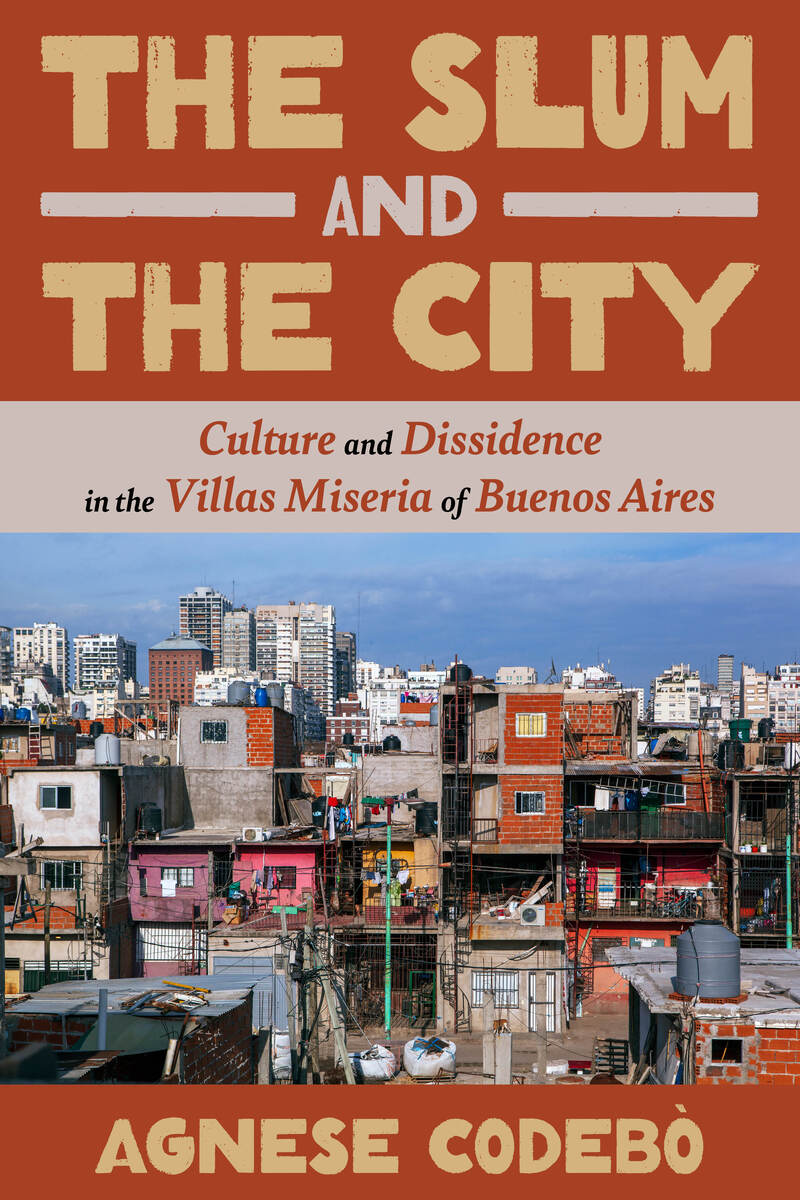
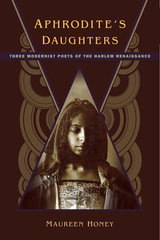
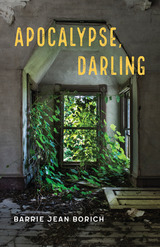
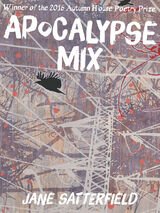
![Appropriate[Ing] Dress: Women's Rhetorical Style in Nineteenth-Century America](https://www.bibliovault.org/thumbs/978-0-8093-8518-8-thumb.jpg)
